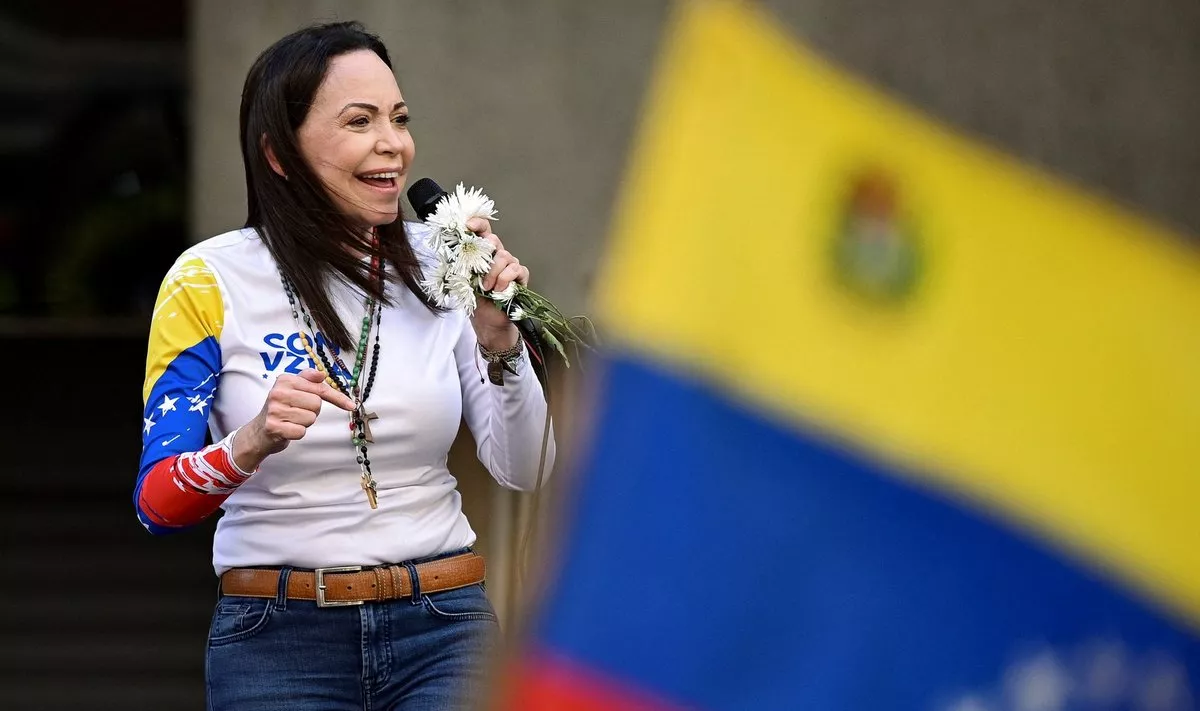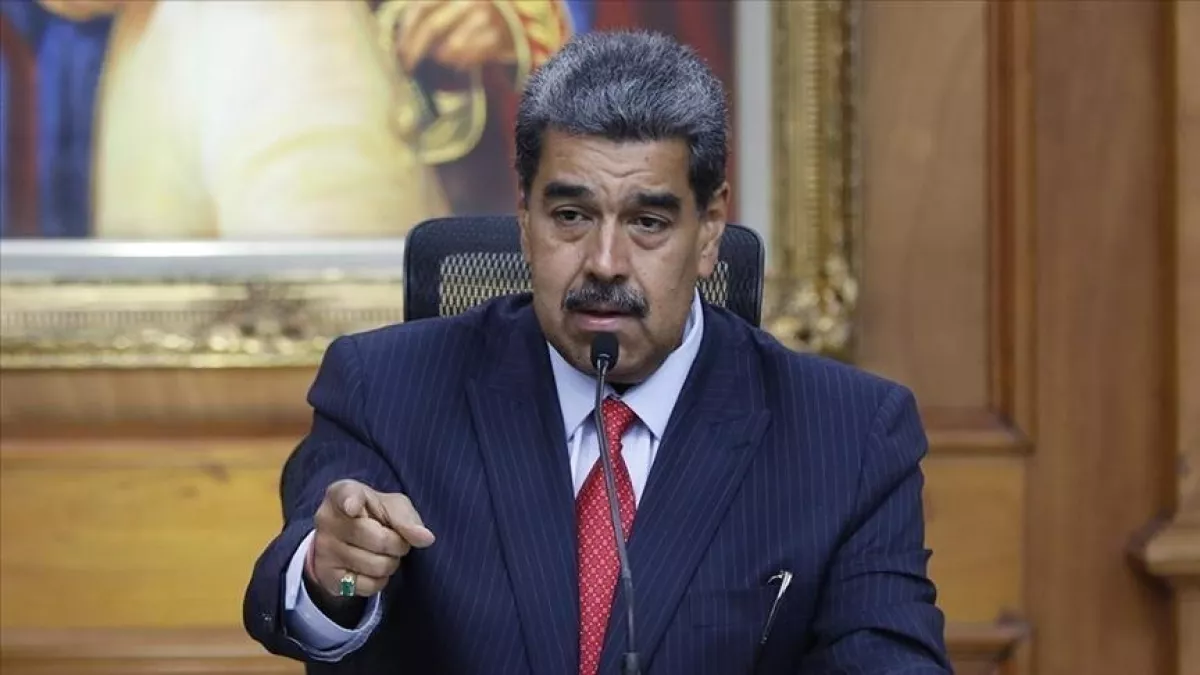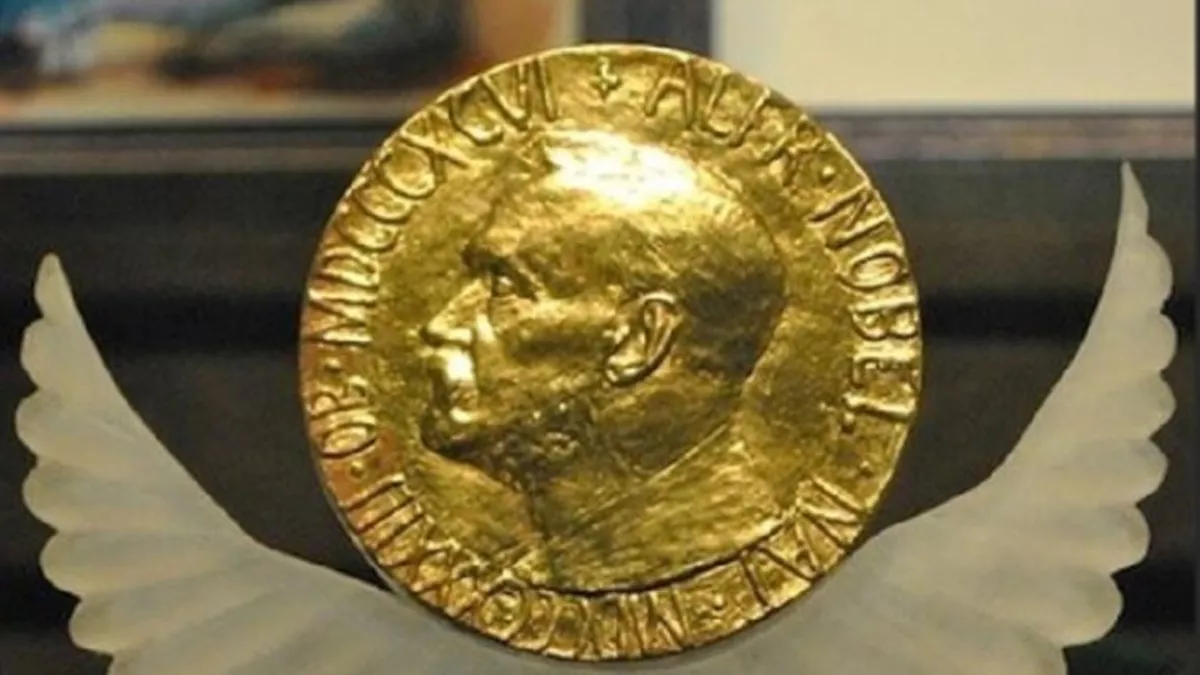Crisis of values or unmasking the illusion? A few words on the Nobel Peace Prize
As is well known, this year’s Nobel Peace Prize was awarded to Venezuelan opposition politician María Corina Machado, whom the Nobel Committee recognised for her “tireless work promoting democratic rights for the people of Venezuela.” In commenting on “her struggle to achieve a just and peaceful transition from dictatorship to democracy,” the Committee stressed that “democracy depends on people who refuse to stay silent, who dare to step forward despite grave risk.”
Beautiful words indeed! But how closely do they reflect Venezuela’s reality—and what is the true significance of Machado’s achievement for the rest of the world? It must be said that we are not the only ones asking this question.
The Nobel Committee’s decision immediately sparked debate in global media and expert circles. The intrigue surrounding the situation was heightened by the fact that U.S. President Donald Trump—who, as is well known, has helped resolve a number of international conflicts since taking office—was also considered a contender for the prize.
The main question now captivating global public opinion is whether Machado truly deserves the award bestowed upon her.

Perhaps it is worth listening to the words of Venezuelan President Nicolás Maduro, who sharply criticised Machado following the announcement of her award. He emphasised that “Ninety percent of the population rejects the demonic witch Sayona,” comparing Machado to a figure from Venezuelan folklore, Newsweek reports. The outlet notes that the comparison to this vengeful spirit from local legends is often used by Venezuela’s state media.
We do not idealise Maduro and are well aware that Venezuela is going through difficult times—partly due to the mistakes of his own government. But does that mean the whole world must hold its breath in admiration of the Venezuelan opposition figure simply because she stands against Maduro?

Maduro’s following words shed far more light on Machado’s personality than the emotionally charged epithet “witch.” He declared that the Venezuelan people want not just peace, but “peace with freedom, with sovereignty.” What exactly did he mean by that?
The answer need not be sought far or wide. María Corina Machado’s actions are all on the surface. Notably, she has repeatedly called on the United States to intervene militarily in Venezuela, claiming that Nicolás Maduro’s regime could only be overthrown “through intervention.” Moreover, Machado supports U.S. sanctions against her own country. How can someone who claims to fight for the welfare of her people advocate measures that restrict that very welfare? And yet this person is awarded the Peace Prize!
On closer examination, we see a classic example of the West’s liberal hubris: ignoring the realities on the ground and, guided solely by self-interest, portraying the situation in Venezuela as a simple struggle between democracy and dictatorship. In reality, however, the situation in this South American country is far more complex than these two-dimensional narratives of freedom versus tyranny. The social conflict in Venezuela has a clear class and racial dimension—hence the strong socialist sentiments in the country.
Maduro represents Chavismo (named after former President Hugo Chávez), a leftist movement supported by a significant portion of the population—primarily Black, mestizo, and indigenous communities. Before Chávez came to power in 1998, political power had long been held by the white, Europeanized elite, of which Machado is part. She literally belongs to Venezuela’s “white bone.” Among Machado’s ancestors were the Marquises of Toro, a title granted by the kings of Spain. Yet it is not blood that defines a person, but their actions—and in Machado’s case, her actions are not far removed from the colonial mindset of her forebears.

That is perhaps all one needs to know about the 2025 version of the Nobel Peace Prize. It is worth noting that Trump is disliked in liberal circles no less than Maduro—for his anti-globalism and rejection of liberal values. The cleverness of the Nobel Committee lies in awarding the prize to someone whom Trump sympathises with, given his confrontational stance toward Maduro’s government. This means the American president is unlikely to be overly upset. Especially since the Committee can cite procedural obstacles that prevented Trump from winning the vote: the deadline for nominations is February 1, which in practice usually means that the prize is awarded for achievements in the previous calendar year, while Trump’s peace-making efforts belong to the current year.
But is that a valid argument? Did it stop the Nobel Committee from effectively awarding Barack Obama the prize almost in advance during his first year in office, when he had yet to accomplish anything to “strengthen international diplomacy and cooperation between peoples”? After all, this is precisely the rationale given for awarding him the 2009 Nobel Peace Prize.
The fuss surrounding the Nobel Committee perfectly illustrates the crisis within the liberal camp. Against the backdrop of widespread global disillusionment with liberal ideas, few people believe in them anymore. Yet, if we recall that the 1990 Nobel Peace Prize was awarded to Mikhail Gorbachev, the first and only president of the USSR—at a time when blood was flowing freely within the country—it becomes clear that this crisis has deep roots. One can only hope that next year the Nobel Committee will overcome this crisis, demonstrate greater integrity, and award the Peace Prize to someone who does not provoke such divisive reactions.








